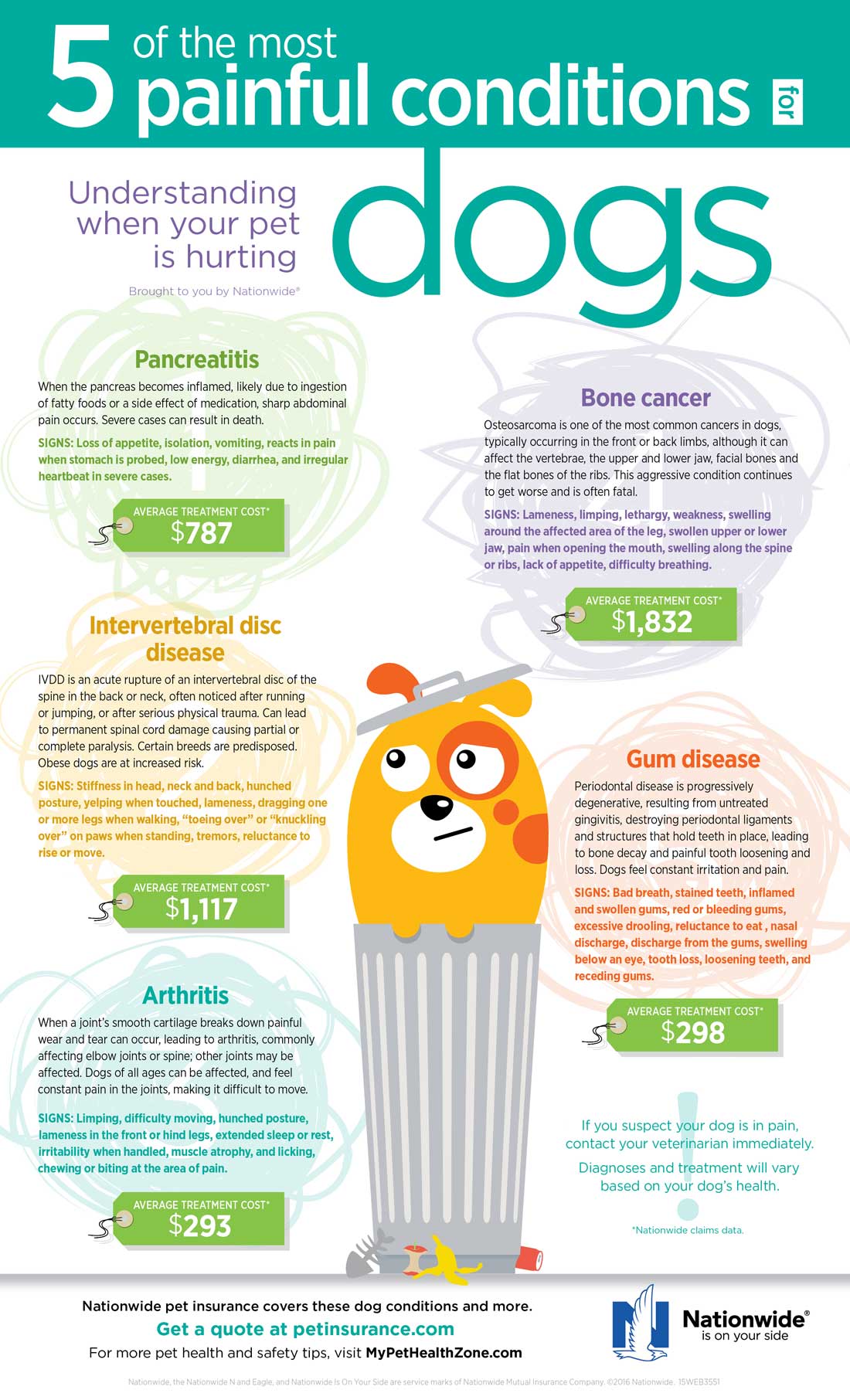Dogs in childcare obtain great deals of exercise, socializing with various other pet dogs and distinct experiences. This can be particularly handy for pups and canines with behavioral issues.
There are several legal factors to consider you require to think about when starting a doggy daycare company. These consist of the framework of your business and compliance with government policies.
1. Dog Distemper
Canine distemper is spread with direct contact with the bodily fluids and waste of an infected pet dog, yet it can additionally be sent using common water and food bowls or through airborne droplets. This highly contagious disease is most harmful for young puppies, however it can affect pet dogs of any kind of age and is deadly for the majority of if left untreated.
Initial symptoms of canine distemper often imitate a common cold, including runny eyes and nose with watery or pus-like discharge. As the disease progresses, a dog will develop fever, coughing, decreased hunger, vomiting and diarrhea. The virus can also attack the nervous system, resulting in seizures, twitching and partial or complete paralysis.
Reliable daycares decrease exposure to infection by requiring vaccinations, regular health examinations and adhere to rigorous health methods. If your dog appears excessively exhausted or limping, a day off might aid him recoup, however you ought to avoid taking him back to daycare till these signs and symptoms improve.
2. Kennel Cough
Kennel cough, also called contagious canine tracheobronchitis or Bordetella, is an extremely contagious viral or microbial condition that impacts the respiratory system. It's generally moved with the exchange of saliva or air droplets that an ill dog breathes out. Social pet dogs are at higher risk for infection as a result of their constant interaction with one another, such as when they play, share food or water, smell each other or simply meet in a jampacked atmosphere like a canine park or daycare.
One of the most typical symptom of kennel coughing is a relentless and powerful cough that seems like something embeded the throat or retching. Typically, canines will spend frothy white phlegm. If left untreated, a pet can establish pneumonia and go to severe danger for life.
A reputable childcare center should have stringent cleaning and hygiene procedures, sanitize all playthings, food and water bowls consistently, and be open regarding their vaccination plans. Maintaining your canine approximately day on their inoculations, specifically for bordetella and canine flu, will considerably decrease their opportunities of getting the disease.
3. Parvovirus
Canine parvovirus, or parvo, is a highly contagious viral health problem that can be fatal for puppies and young person canines with poor body immune systems. It's most typically spread out by straight contact with contaminated pet feces-- which can occur when dogs smell, lick, or taste contaminated feces-- and indirectly from polluted people, things, or environments (like kennels, brushing spaces and grass). Puppies and pets without total inoculation histories are specifically prone to parvo.
The infection is very resilient, enduring in the environment for approximately nine years, and can conveniently be transferred in between canines by contact with feces or on shoes, garments, and bedding infected with parvovirus. If not dealt with instantly with IV liquids, electrolyte balance, throwing up control medications and anti-biotics to avoid second microbial infections, a dog will quickly dehydrate and establish serious diarrhea, which causes shock and blood poisoning. Parvo is challenging to heal once a pet dog has ended up being ill, but with suitable veterinary treatment, several young dog kennels and boarding puppies do endure this disease.
4. Dog Influenza
Dog flu infection is highly transmittable and spreads through direct call, sharing food and water bowls, licking or nuzzling other pet dogs, via airborne droplets, and via contaminated surface areas. Vaccination is effective in lowering the risk of infection and break outs.
The majority of affected pet dogs create a mild breathing infection with a coughing that lasts 1-3 weeks. They might also have nasal and eye discharge, sneezing, and sleepiness. Some of the most severe instances result in pneumonia and a high fever.
If your pet dog shows any one of these symptoms, do not bring them back to day care up until they are healthy and balanced. If your canine is revealing signs of extreme tiredness or hopping, talk to your vet as soon as possible and make sure they are on health supplements to aid build their immunity. A vet will certainly evaluate your canine for signs of the influenza by taking a sample from the nose or throat, and blood tests can be done to verify.
